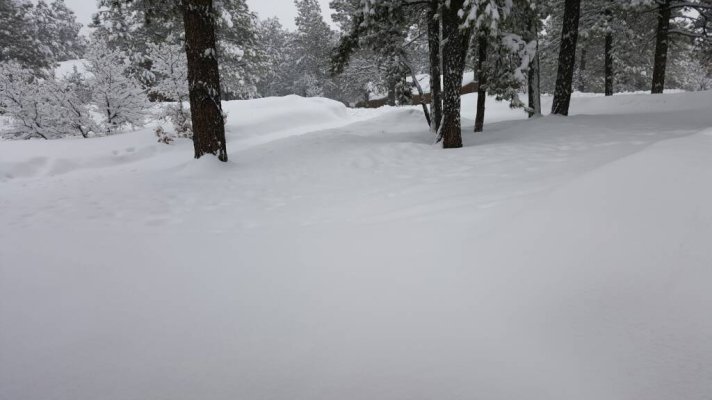RetiredGypsy
Full time employment: Posting here.
- Joined
- Mar 17, 2008
- Messages
- 979
As a Southern California native transplanted to Florida, I have no idea what driving in the snow in winter is like. I've been through plowed snow as a passenger, I've lived through some nasty snow storms in the comfort of a relative's house.
I know as much about snow as Jon Snow knows about anything.
We're moving to Tennessee close to the mountains next year and was wondering whether the hype of AWD is real or not. Or whether there are instances where AWD may really be worth the additional cost of ownership.
Consumer Reports seems to to think snow tires matter more than anything, and I don't discount getting snow tires when driving through snow, but their playing for an afternoon in the snow isn't living with the stuff.
So, any advice would be so greatly appreciated before I go and buy something appropriate to the new environs.
I know as much about snow as Jon Snow knows about anything.
We're moving to Tennessee close to the mountains next year and was wondering whether the hype of AWD is real or not. Or whether there are instances where AWD may really be worth the additional cost of ownership.
Consumer Reports seems to to think snow tires matter more than anything, and I don't discount getting snow tires when driving through snow, but their playing for an afternoon in the snow isn't living with the stuff.
So, any advice would be so greatly appreciated before I go and buy something appropriate to the new environs.

